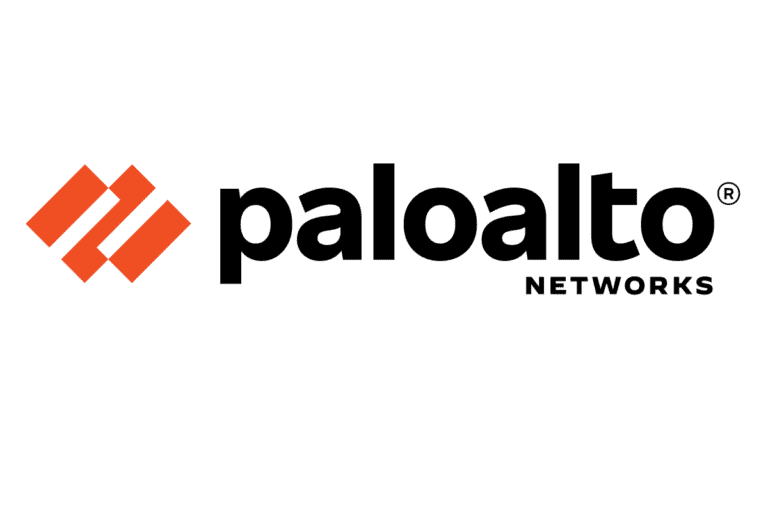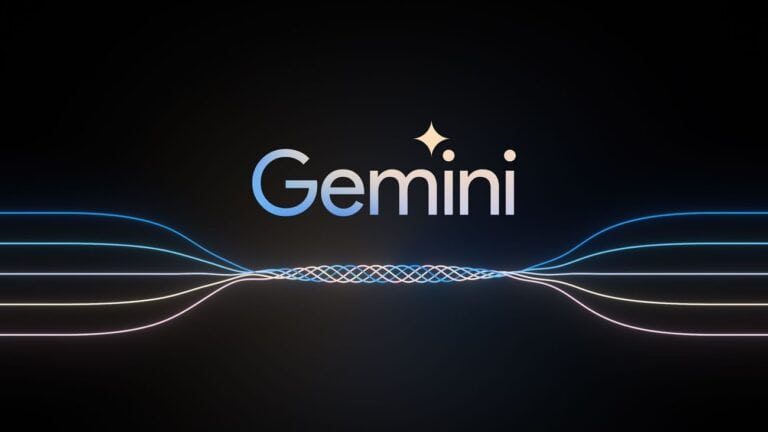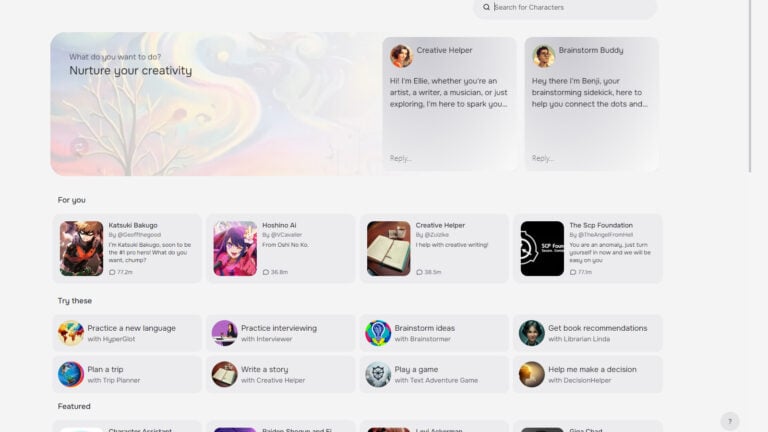It’s becoming more common in schools for students to be accused of cheating by using AI tools like ChatGPT, even after putting a lot of effort into their school assignments. This puts them in a tricky situation where they have to prove that their work is genuinely theirs. This is a new challenge in the educational landscape where AI tools and academic integrity are clashing.
Being accused of academic dishonesty or misconduct can be stressful — especially if the accusation is based on AI detection tools, which are often unreliable. Here’s how to handle the situation calmly and effectively.
🔍 Step 1: Stay Calm & Don’t Panic
- False positives happen frequently — AI detectors are not 100% accurate.
- Avoid arguing emotionally. Instead, focus on evidence and process.
📂 Step 2: Gather Your Evidence
Show proof that you created the work yourself. Useful evidence includes:
- Drafts and version history (Google Docs, Word, Overleaf, etc.).
- Notes, outlines, or brainstorming documents.
- Research sources you used.
- Screenshots of your writing process (if available).
➡️ If you wrote the assignment yourself, you should be able to show a clear progression of your work.
🗣️ Step 3: Communicate Professionally
- Request a meeting with your instructor (or supervisor).
- Be respectful and explain:
- You understand their concern.
- You wrote the work yourself.
- AI detectors can produce false positives.
➡️ Avoid being defensive — focus on facts and evidence.
📊 Step 4: Know the Limits of AI Detectors
- Tools like Turnitin, GPTZero, and others are not fully reliable.
- Even the companies behind them admit they can mislabel human writing as AI‑generated (Washington Post).
- Bring this up politely if your instructor is relying solely on a detection report.
🏛️ Step 5: Follow Official Procedures
- If your school or workplace has an appeals process, use it.
- Submit your evidence formally.
- If needed, request that a neutral reviewer evaluate your case.
🧠 Step 6: Prevent Future Issues
- Save drafts and notes as proof of your process.
- Use tools like Google Docs version history to show timestamps.
- If allowed, clarify with instructors about AI policy before submitting work.
✅ Key Takeaways
- Don’t panic — false accusations are becoming more common.
- Gather evidence of your writing process (drafts, notes, sources).
- Communicate respectfully and highlight the limits of AI detectors.
- Use official channels to appeal if necessary.
- Document your process in future assignments to protect yourself.
⚡ Bottom Line: You are not alone — many students and professionals have faced false AI accusations. By staying calm, presenting evidence, and understanding your rights, you can defend your integrity effectively.
How To Respond to Being Accused of Using AI
| Situation | Response |
|---|---|
| False Accusation | Remain calm and professional. Accusations can be stressful, but getting defensive will only worsen the situation. |
| Clarify the accusation. Ask for specific examples of what makes them think you used ChatGPT. This will help you address their concerns directly. | |
| Explain your own process. Share your research, outlines, notes, and any other resources you used to create the content in question. | |
| Offer to revise your work. If there are specific aspects of the content that seem suspicious, offer to revise them to address any concerns. | |
| Appeal the accusation. If the accusation is made in a formal setting, such as a school assignment, follow the institution’s procedures for appealing the decision. | |
| Possible Admission of ChatGPT Use (depending on context) | Acknowledge your use of ChatGPT, but emphasize your own contribution. Explain how you used ChatGPT as a tool to assist your own research and writing process. |
| Focus on the positive impact. Explain how using ChatGPT helped you improve the quality of your work or achieve your goals. | |
| Be transparent about limitations. If there are any limitations to the content generated by ChatGPT, be transparent about them and explain how you addressed them. | |
| General Tips | Maintain a positive and respectful tone. Even if you disagree with the accusation, avoid getting angry or argumentative. |
| Focus on facts and evidence. Back up your claims with concrete examples and evidence. | |
| Seek support. If you feel overwhelmed, reach out to a trusted friend, family member, or colleague for support. | |
| Stay informed. As the use of AI writing tools continues to grow, it’s important to stay informed about the latest developments and best practices. |
Additional Notes:
- The specific approach you take will depend on the context of the accusation, your relationship with the person making the accusation, and the rules of the setting (e.g., school, workplace).
- It’s important to be honest and transparent, even if you made a mistake. Owning up to your actions and taking responsibility will go a long way in rebuilding trust.
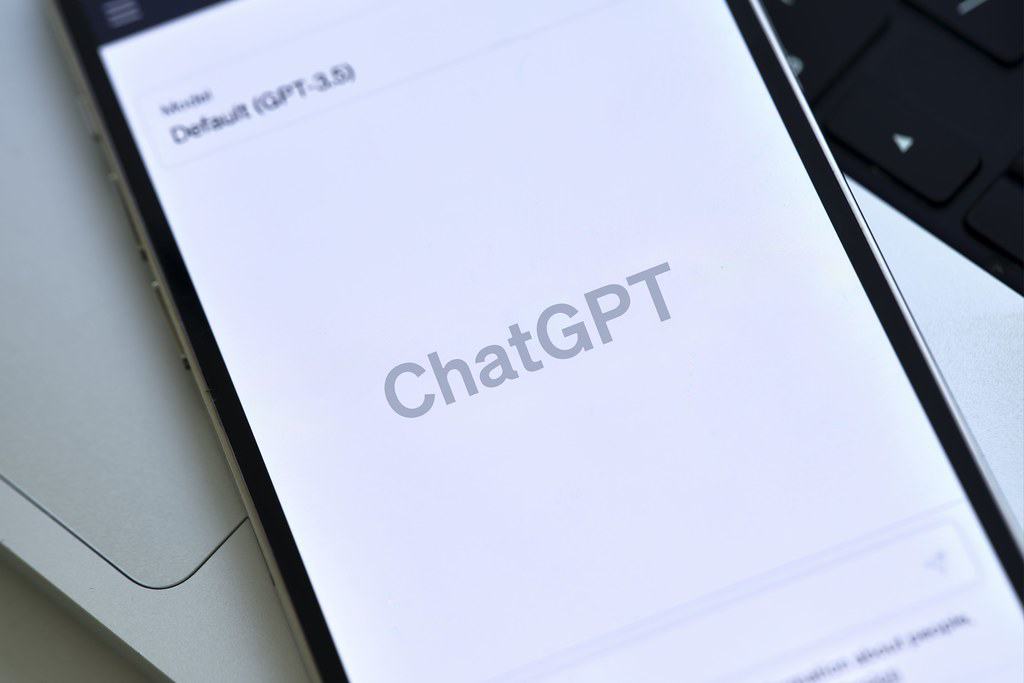
Sample Email Template to Respond to a False AI Accusation
Subject: Clarification Regarding [Assignment/Report] Submission
Dear [Professor/Instructor/Manager’s Name],
I hope this message finds you well. I wanted to follow up regarding the concern raised about my recent [assignment/report/project] and the possibility that it was generated using AI tools such as ChatGPT.
I want to assure you that I completed this work myself without the use of AI writing assistance. I understand the importance of academic integrity, and I take these concerns very seriously.
To help demonstrate my process, I have:
- Drafts and version history of my work.
- Notes, outlines, and research materials I used.
- [Optional: Screenshots or other evidence of my writing process.]
I also recognize that AI detection tools are not always fully accurate, and they can sometimes misidentify human writing as AI‑generated. I would be happy to meet with you to walk through my drafts, sources, and process to clarify any concerns.
Thank you for your time and understanding. Please let me know how I can best provide additional context or evidence.
Sincerely,
[Your Full Name]
[Your Student ID / Course Name, if applicable]
✅ Tips for Sending This Email:
- Stay calm and professional — avoid sounding defensive or accusatory.
- Offer evidence proactively.
- Show that you respect the process and are willing to cooperate.
Case Study: A Student’s Dilemma
Recently, a student shared their distressing experience on Reddit. They were accused of using ChatGPT for their English midterm. The teacher pointed out a specific phrase, “intricate interplay,” which also appeared in an AI-generated essay. This accusation put the student’s academic future at risk, including a potential plagiarism strike and a significant grade penalty. It’s a real-life example of how such accusations can cause emotional turmoil and academic consequences.
The Rise of AI in Education
In classrooms across the globe, AI tools like ChatGPT are becoming more common. They can write essays, solve math problems, and even generate art. But with these amazing capabilities come concerns. Teachers are on high alert for AI-generated content, leading to an increase in accusations against students. It’s a complex issue, balancing the benefits of AI with the need to maintain academic honesty.
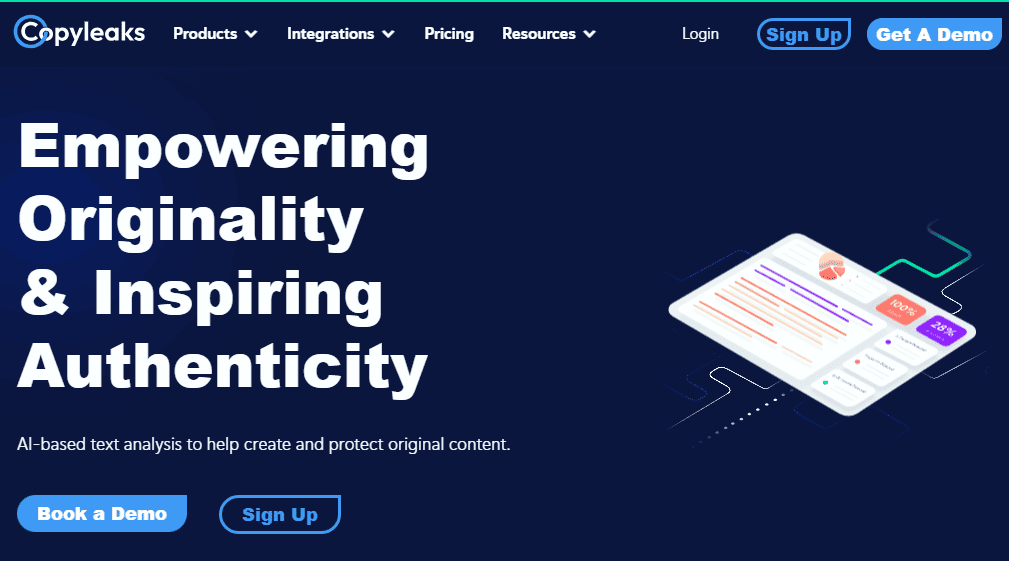
Understanding AI Detection Tools
To catch AI-generated work, schools are using tools like GPTzero, Copyleaks, and other AI detectors. These programs analyze writing to see if it’s human or AI-made. But they’re not perfect. Sometimes, they mark original student work as AI-generated. This can lead to false accusations, putting students in a tough spot to prove their innocence.
One way to see how effective these tools are is to copy your writing across several of them. You’ll most likely get totally different responses from each of the tools – and that’s where the problem is. The tools can give out random results. No one tool can be trusted to be accurate and in general, no tool should be relied upon to make the determination that AI content was used.
The Emotional Impact and Academic Consequences
Being accused of using AI unfairly can be stressful and damaging. Students feel anxious, worried about their grades and reputation. It’s not just about proving you didn’t cheat; it’s about defending your integrity. This situation can lead to a loss of trust between students and teachers, affecting the overall learning environment.

Legal and Ethical Implications
When students are accused of using AI like ChatGPT, it’s not just about school rules. There are bigger questions about rights and fairness. Students should know they have the right to defend themselves. It’s crucial for schools to be fair and transparent in how they use AI detection tools. This is about more than just grades; it’s about treating students with respect and ensuring their rights are protected.
Defending Against False Accusations
If you’re ever accused of using AI unfairly, remember, you have ways to prove your innocence. Here are some steps you can take:
- Show your work: Share drafts and notes to show how your work developed.
- Version history: Use tools like Google Docs to show your writing process over time.
- Seek support: Talk to teachers or classmates who know your work and can back you up.

For more detailed strategies, check out Educational Policies and AI for insights on how to navigate these situations.
Educational System’s Response to AI
Schools are trying to keep up with the fast pace of AI. They’re creating new rules and teaching methods to handle AI tools. It’s a learning process for everyone – teachers, students, and parents. The goal is to use AI in a way that helps learning, not hinders it. By working together, we can make sure AI becomes a positive force in education.
FAQs
Let’s answer some common questions about being accused of using ChatGPT:
- Can AI detection tools make mistakes? Yes, they can. These tools are not always 100% accurate.
- What should I do if I’m falsely accused? Show evidence of your work process and seek support from others.
- How can schools ensure fair use of AI detection? Schools should be transparent about their methods and open to feedback.
Conclusion: Navigating the Future of AI in Education
As we move forward, it’s clear that AI will continue to play a big role in education. The key is to use it wisely and fairly. Students should be aware of how their work might be viewed and take steps to show their work is original. Schools need to use AI detection tools responsibly and be open to dialogue. Together, we can navigate these new challenges and make the most of the opportunities AI offers in education.


